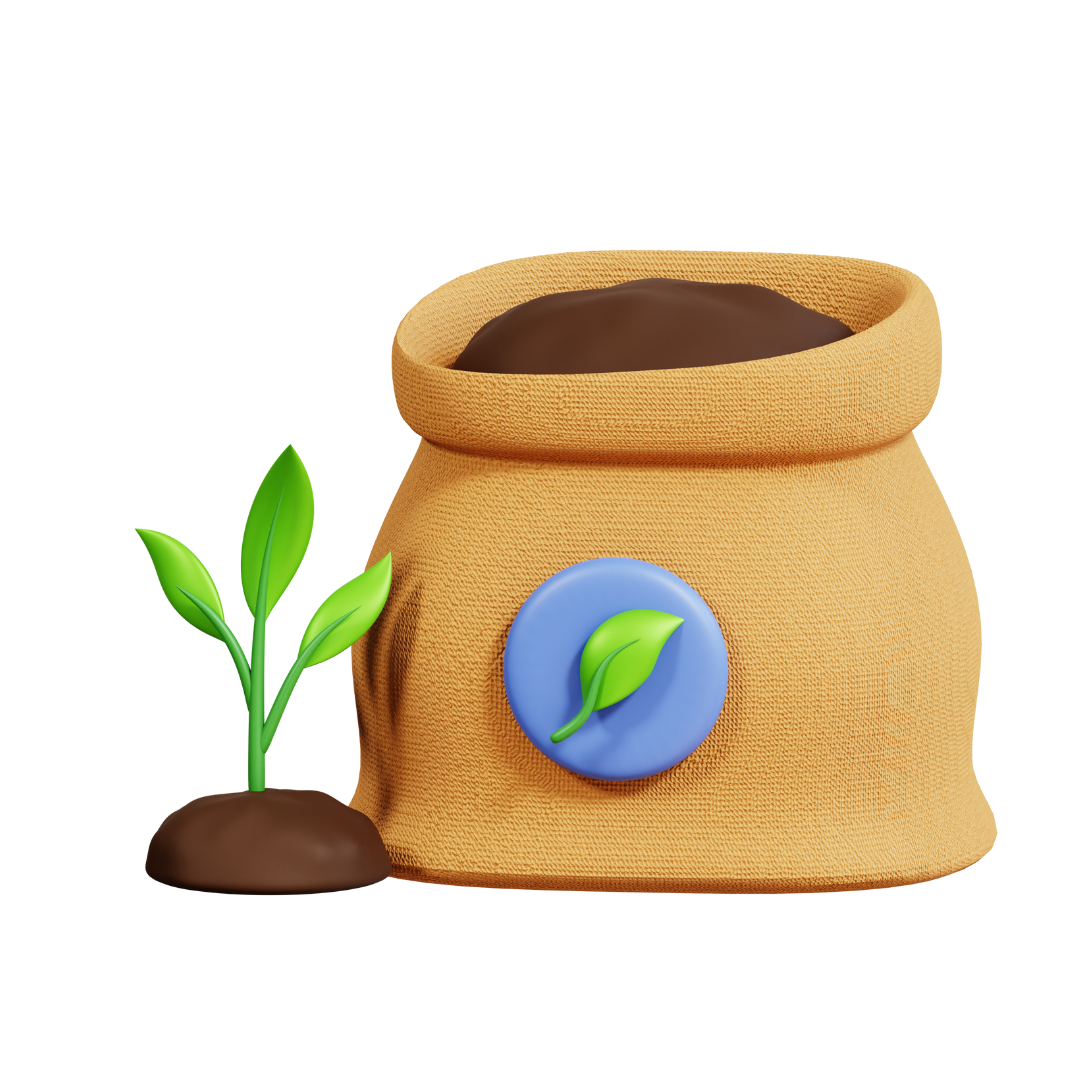Sustainable Fertilizers: A Beginner’s Guide to Organic Soil Health
What Are Sustainable Fertilizers?
Sustainable fertilizers are natural, organic materials used to enrich the soil and provide essential nutrients to plants. Unlike synthetic fertilizers, which can harm the environment and degrade soil quality over time, sustainable fertilizers work in harmony with nature.
They release nutrients slowly, improve soil structure, and enhance microbial activity, leading to healthier plants and more resilient ecosystems.
Why Is Organic Soil Health Important?
Soil health is the foundation of successful farming and gardening. Healthy soil is rich in organic matter, teeming with beneficial microbes, and has a balanced pH level. It supports plant growth by providing essential nutrients, retaining moisture, and allowing roots to access oxygen.

Poor soil health can lead to a host of problems, including reduced crop yields, increased vulnerability to pests and diseases, and a greater need for chemical inputs. By focusing on organic soil health, you can create a thriving environment for your plants while minimizing your ecological footprint.
Types of Sustainable Fertilizers
There are several types of sustainable fertilizers available, each with unique benefits. Here are some of the most popular options:
1. Compost
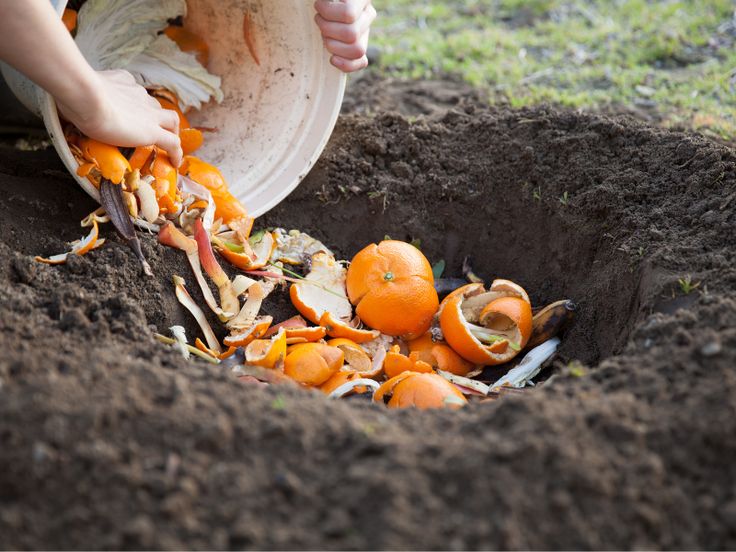
Compost is one of the most widely used sustainable fertilizers. It’s made from decomposed organic materials like kitchen scraps, leaves, and grass clippings.
Compost is rich in nutrients and helps improve soil structure, water retention, and aeration. It also encourages the growth of beneficial microbes that break down organic matter and release nutrients slowly over time.

2. Manure
Manure is another excellent source of organic nutrients. It comes from the waste of animals like cows. Manure is rich in nitrogen, phosphorus, and potassium—three key nutrients that plants need to thrive.
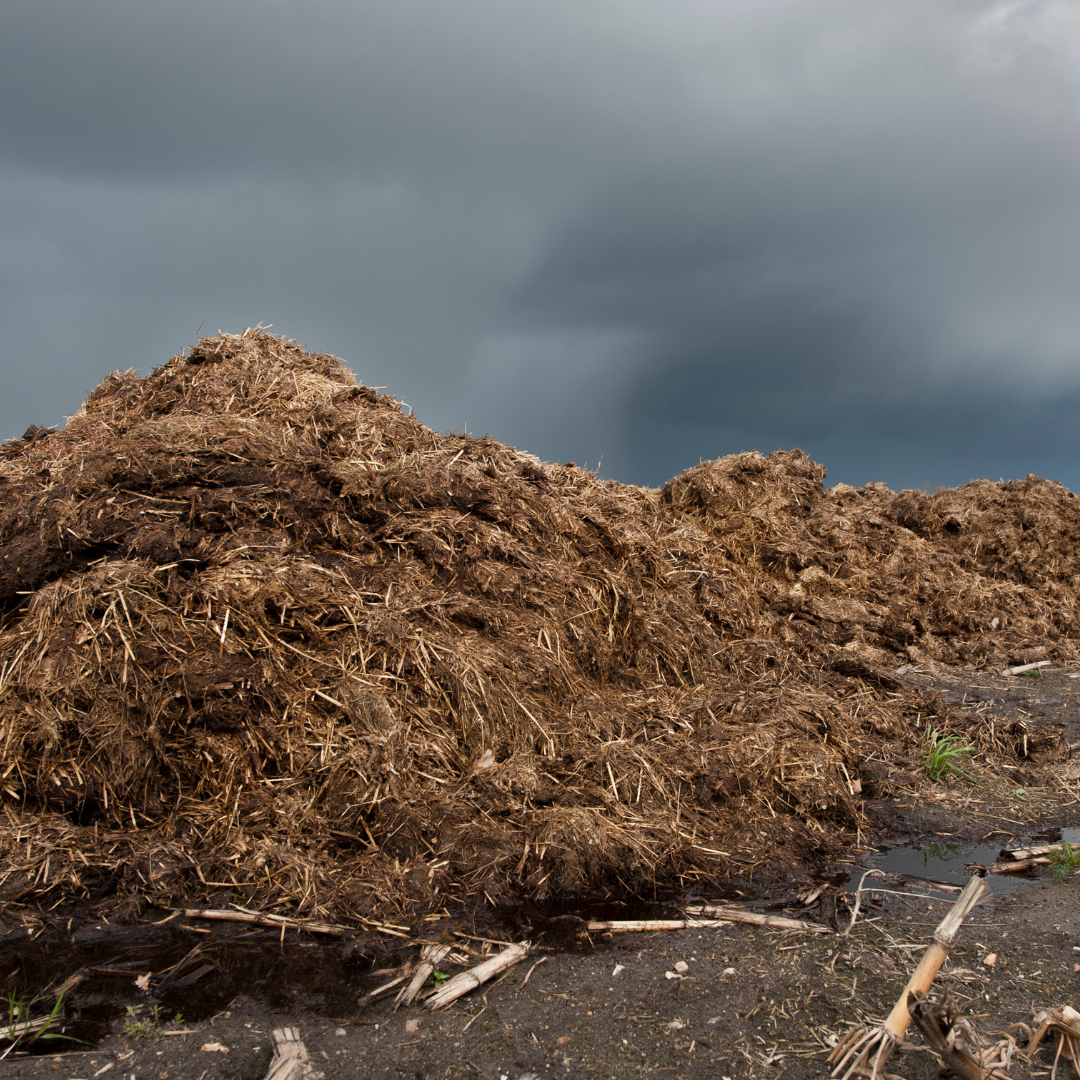
However, it’s important to properly age or compost manure before applying it to your soil to reduce the risk of pathogens and to avoid burning your plants with excessive nitrogen.
3. Green Manure
Green manure refers to cover crops that are grown specifically to be turned into the soil. These crops, such as clover, alfalfa, and rye, are rich in nutrients and help prevent soil erosion.
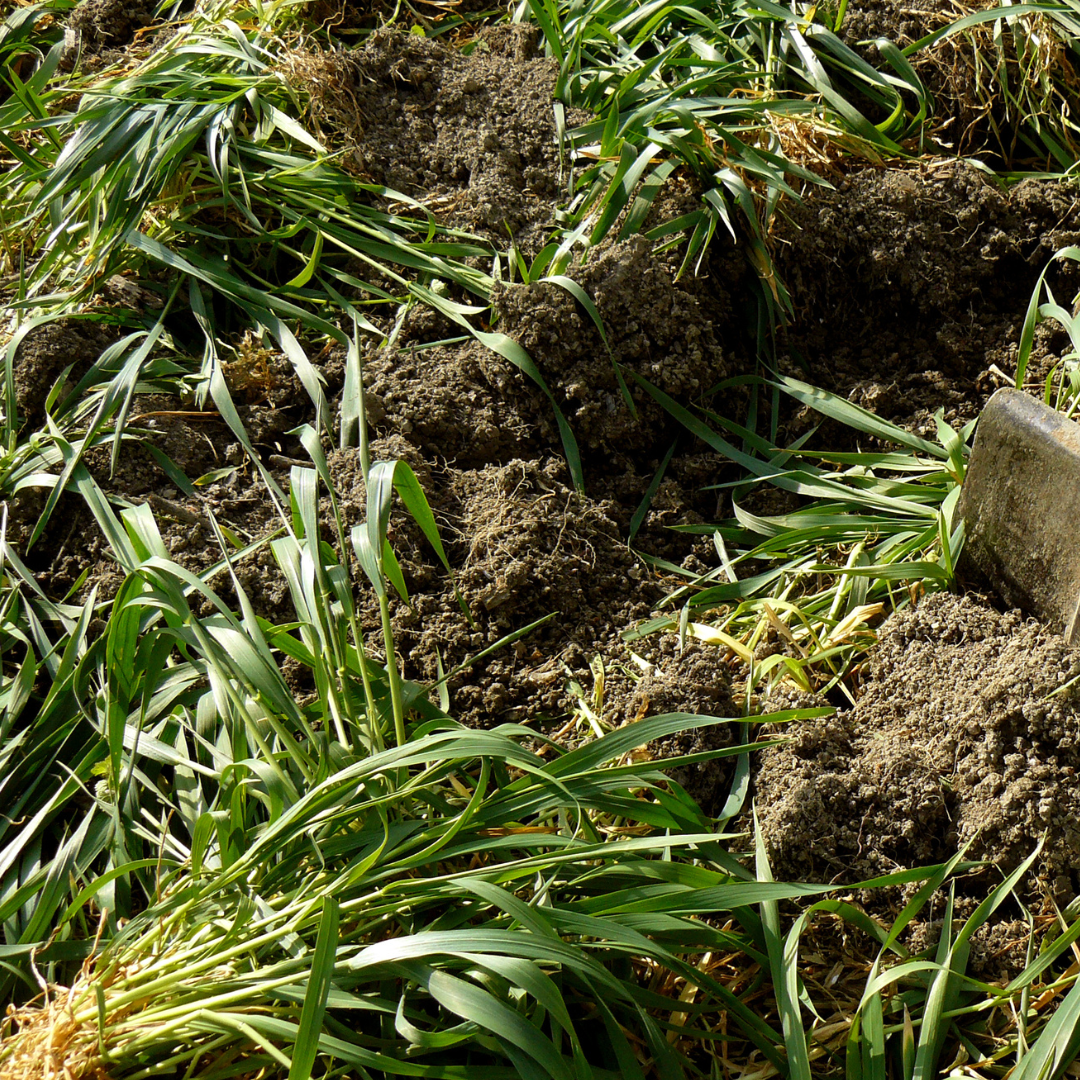
When plowed into the soil, green manure adds organic matter, improves soil structure, and increases nitrogen levels naturally.
How to Choose the Right Sustainable Fertilizer for Your Soil
Selecting the right sustainable fertilizer for your soil depends on several factors, including soil type, plant needs, and the specific nutrients that may be lacking. Here are some tips to help you make the best choice:
1. Test Your Soil
Before adding any fertilizer, it’s essential to test your soil to determine its nutrient levels and pH. This will help you identify any deficiencies and choose a fertilizer that addresses those specific needs.
2. Consider Your Plants’ Needs
Different plants have different nutrient requirements. For example, leafy greens need more nitrogen, while root crops require more phosphorus. Choose a fertilizer that matches the needs of the plants you’re growing.
3. Balance Nutrients
It’s important to maintain a balance of nutrients in your soil. Using too much of one nutrient can lead to imbalances that harm plant growth. For example, excessive nitrogen can result in lush foliage but poor fruit or flower development.
4. Go Slow and Steady
Sustainable fertilizers release nutrients slowly, so it’s best to apply them gradually over time. This allows plants to absorb nutrients as needed and reduces the risk of nutrient runoff, which can pollute waterways.
How to Apply Sustainable Fertilizers
Proper application of sustainable fertilizers is key to maximizing their benefits. Here’s a step-by-step guide to help you get started:
1. Prepare Your Soil

Before applying any fertilizer, prepare your soil by removing weeds and loosening the top layer with a garden fork or tiller. This helps the fertilizer penetrate the soil and reach the plant roots more effectively.
2. Apply the Fertilizer
Depending on the type of fertilizer you’re using, you may need to apply it differently. For example, compost and manure can be spread over the soil surface and worked in, while liquid fertilizers like fish emulsion can be diluted with water and applied as a soil drench or foliar spray.
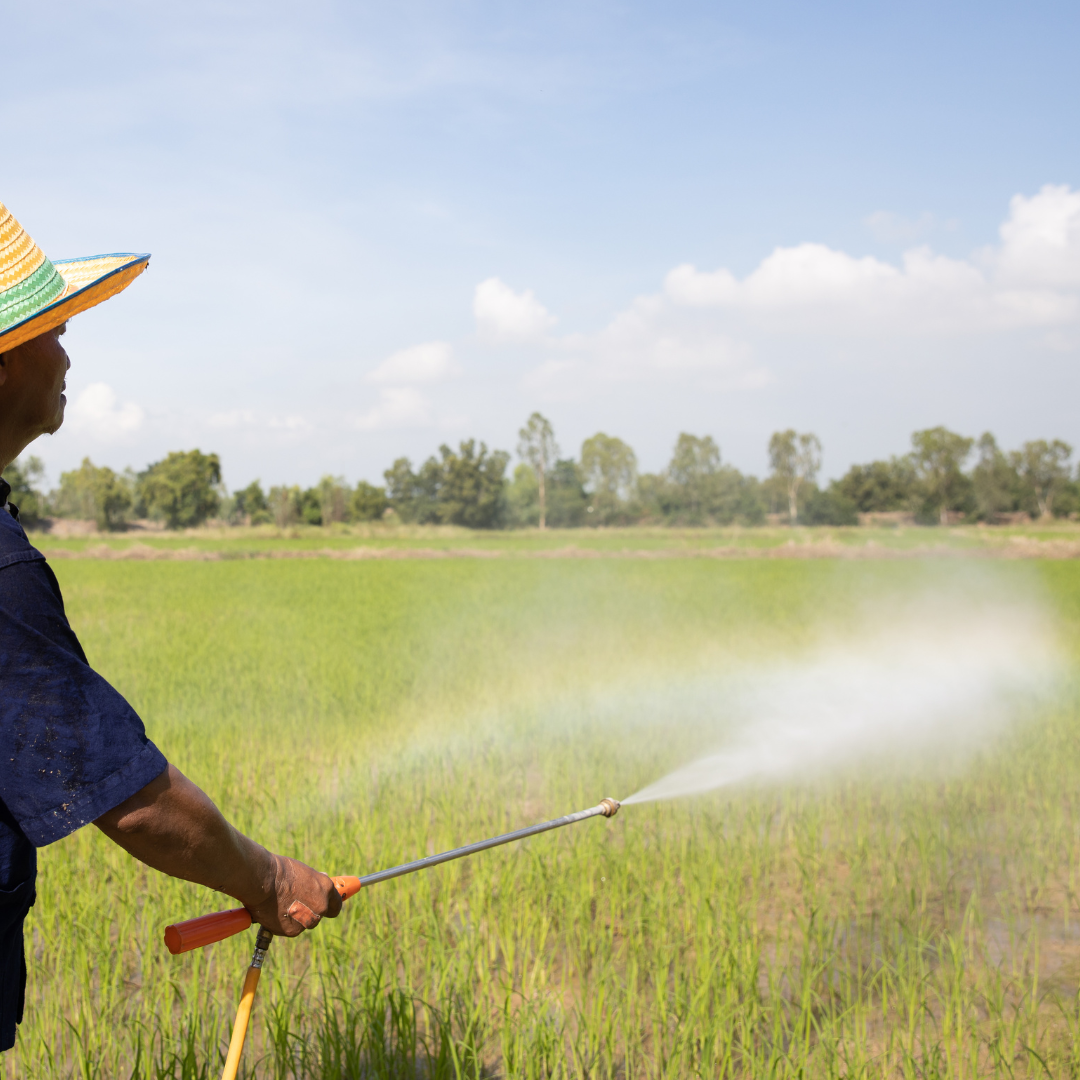
3. Water Thoroughly
After applying the fertilizer, water your soil thoroughly to help the nutrients soak in and reach the plant roots.
4. Monitor Plant Growth

Keep an eye on your plant’s growth and adjust your fertilizer application as needed. If you notice yellowing leaves, stunted growth, or other signs of nutrient deficiency, you may need to add more fertilizer or switch to a different type.
Benefits of Using Sustainable Fertilizers
Using sustainable fertilizers offers numerous benefits for both your garden and the environment. Here are some of the key advantages:
1. Improves Soil Structure
Sustainable fertilizers enhance soil structure by increasing organic matter content. This leads to better water retention, improved aeration, and stronger root development.
2. Promotes Healthy Microbial Activity
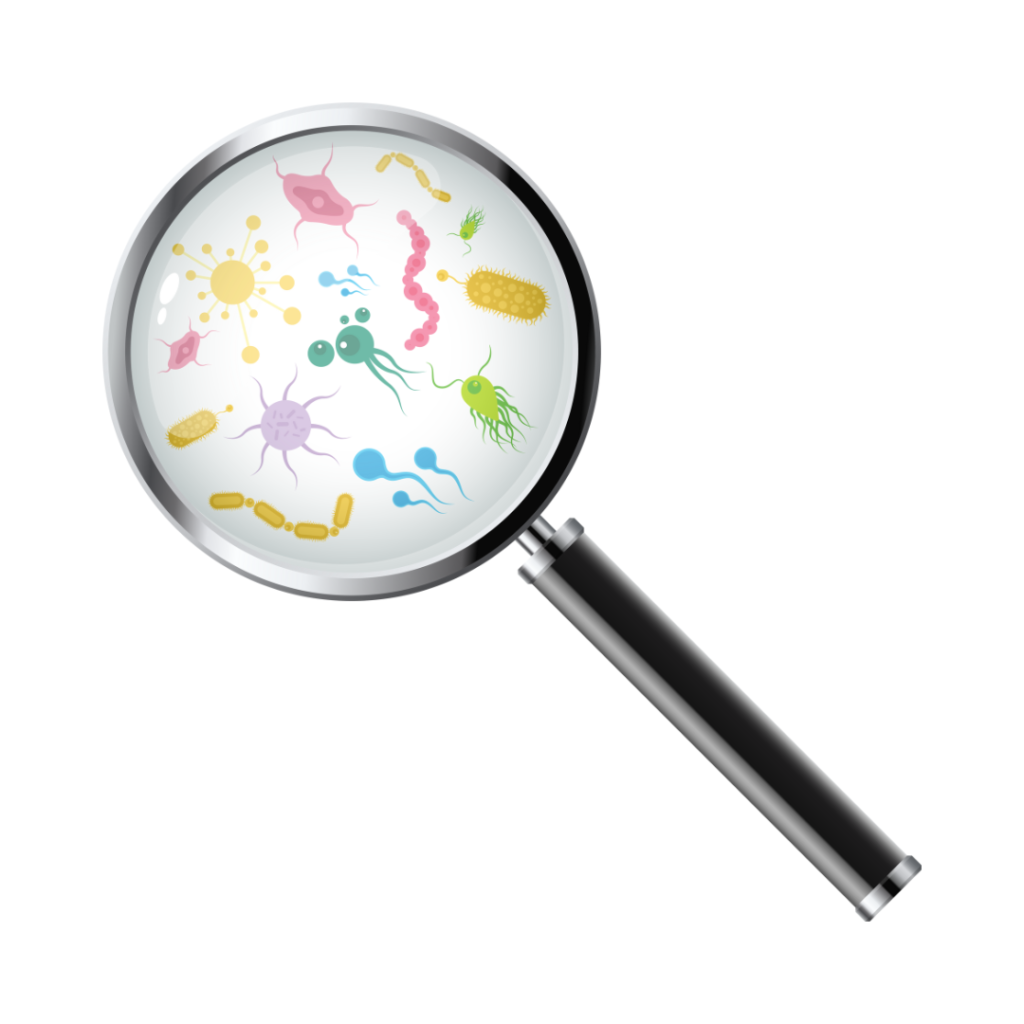
Healthy soil is teeming with beneficial microbes that help break down organic matter and release nutrients. Sustainable fertilizers support these microbes, leading to a more vibrant and productive soil ecosystem.
3. Reduces Environmental Impact

Synthetic fertilizers can leach into waterways, causing pollution and harming aquatic life. Sustainable fertilizers, on the other hand, are less likely to contribute to nutrient runoff and help reduce the overall environmental impact of farming and gardening.
4. Enhances Plant Health

Plants grown with sustainable fertilizers tend to be healthier and more resilient to pests and diseases. This is because they receive a balanced supply of nutrients and grow in a healthy, well-structured soil environment.
5. Supports Long-Term Soil Health
Unlike synthetic fertilizers that can degrade soil quality over time, sustainable fertilizers contribute to long-term soil health. By enriching the soil with organic matter and nutrients, they help build a strong foundation for future plant growth.
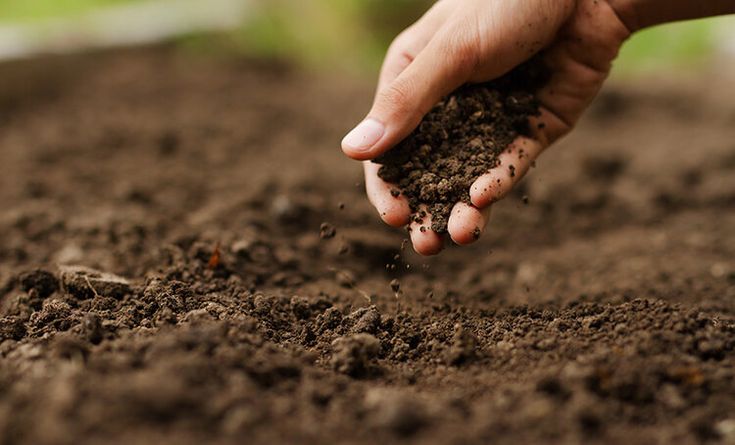
Common Myths About Sustainable Fertilizers
There are several misconceptions about sustainable fertilizers that can lead to confusion. Let’s debunk some of these common myths:
1. Myth: Organic Fertilizers Are Less Effective
Some people believe that organic fertilizers are less effective than synthetic ones. However, sustainable fertilizers provide a steady release of nutrients, leading to healthier plants over the long term.
2. Myth: Sustainable Fertilizers Are Too Expensive
While some sustainable fertilizers may have a higher upfront cost, they often save money in the long run by improving soil health and reducing the need for additional inputs.
3. Myth: All Natural Products Are Safe
Not all natural products are safe for your garden. For example, some animal manures can carry pathogens if not properly composted. It’s important to use fertilizers correctly and follow best practices to ensure safety.
Conclusion
Sustainable fertilizers are a vital component of organic soil health, offering numerous benefits for your garden and the environment.
By understanding the different types of sustainable fertilizers and how to use them effectively, you can create a thriving, sustainable garden that produces healthy, vibrant plants.

Whether you’re a beginner or an experienced gardener, incorporating these fertilizers into your gardening routine is a smart choice that supports long-term soil health and environmental sustainability.

